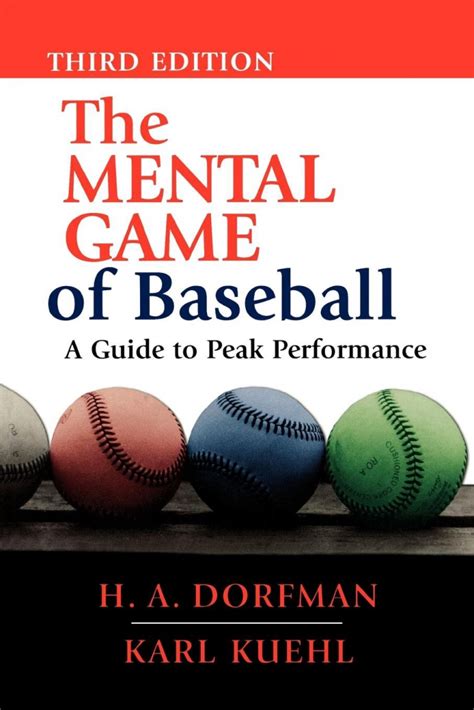A Quote by Gordon B. Hinckley
The gospel is not a philosophy of repression, as so many regard it. It is a plan of freedom that gives discipline to appetite and direction to behavior.
Quote Topics
Related Quotes
Discipline isn't a dirty word. Far from it. Discipline is the one thing that separates us from chaos and anarchy. Discipline implies timing. It's the precursor to good behavior, and it never comes from bad behavior. People who associate discipline with punishment are wrong: with discipline, punishment is unnecessary.
True doctrine, understood, changes attitudes and behavior. The study of the doctrines of the gospel will improve behavior quicker than a study of behavior will improve behavior. Preoccupation with unworthy behavior can lead to unworthy behavior. That is why we stress so forcefully the study of the doctrines of the gospel.
From cradle to grave this problem of running order through chaos, direction through space, discipline through freedom, unity through multiplicity, has always been, and must always be, the task of education, as it is the moral of religion, philosophy, science, art, politics and economy; but a boy's will is his life, and he dies when it is broken, as the colt dies in harness, taking a new nature in becoming tame.
The Christian gospel is a message of freedom through grace and we must stand fast in the liberty wherewith Christ has made us free. But what shall we do with our freedom? The Apostle Paul grieved that some of the believers of his day took advantage of their freedom and indulged the flesh in the name of Christian liberty. They threw off discipline, scorned obedience and made gods of their own bellies.
Self-discipline is a form of freedom. Freedom from laziness and lethargy, freedom from the expectations and demands of others, freedom from weakness and fear-and doubt. Self-discipline allows a pitcher to feel his individuality, his inner strength, his talent. He is master of, rather than a slave to, his thoughts and emotions.
For me there were only two ways on the precipice - either I have to fall in or I have to fall out, to accept or say good-bye. The moment I crossed the precipice, it no longer was a discipline - it became a passion, an urge to pursue. Then I experienced freedom. Freedom comes when the discipline revolutionizes the discipline as a passion for the art.




































